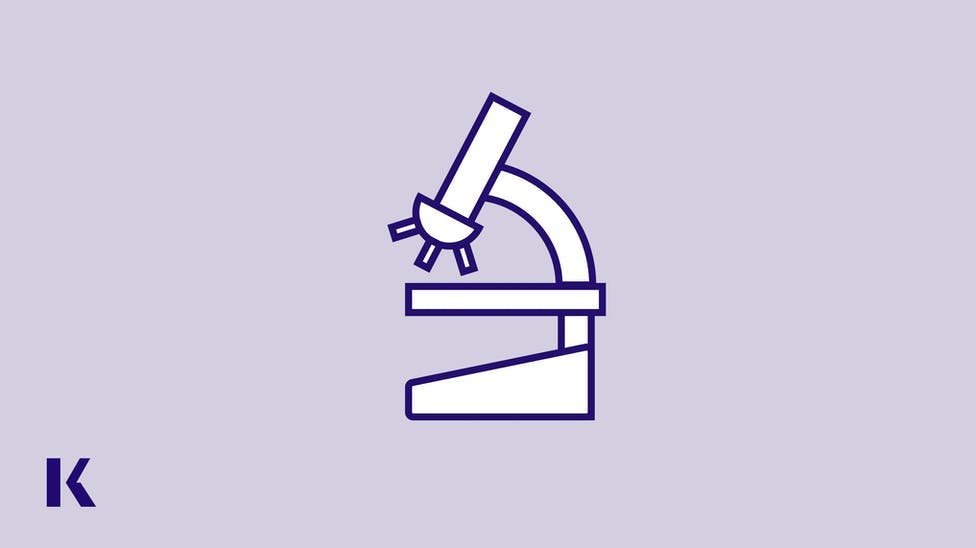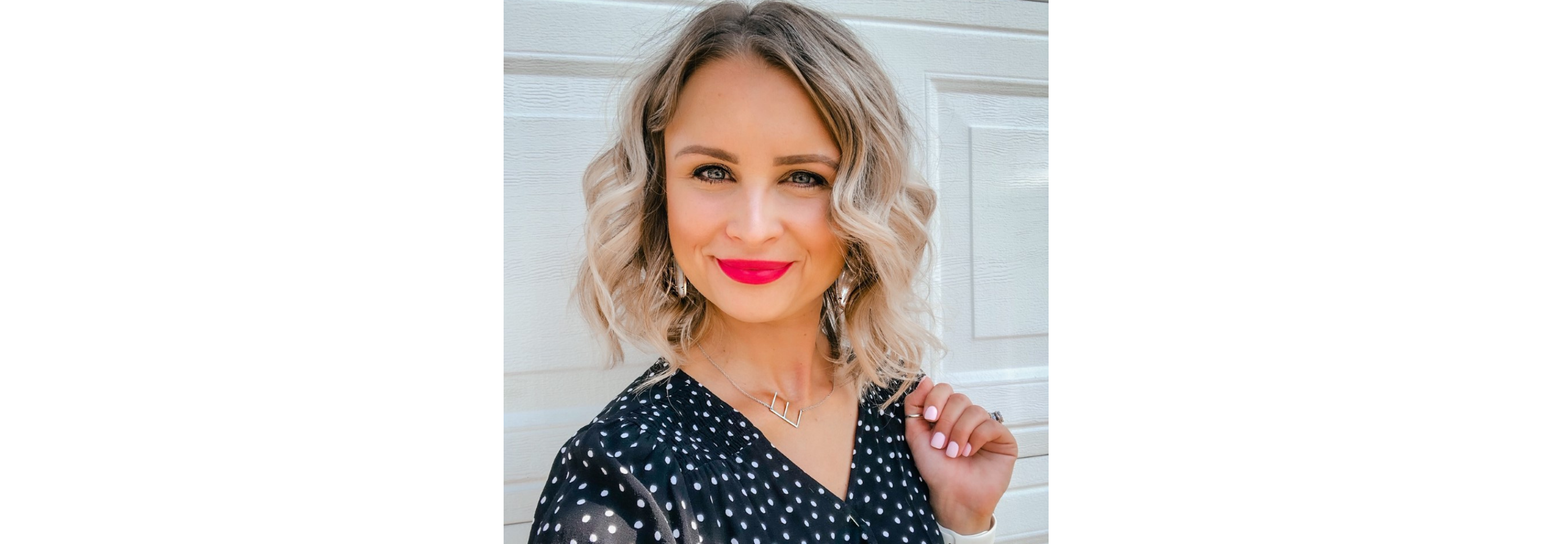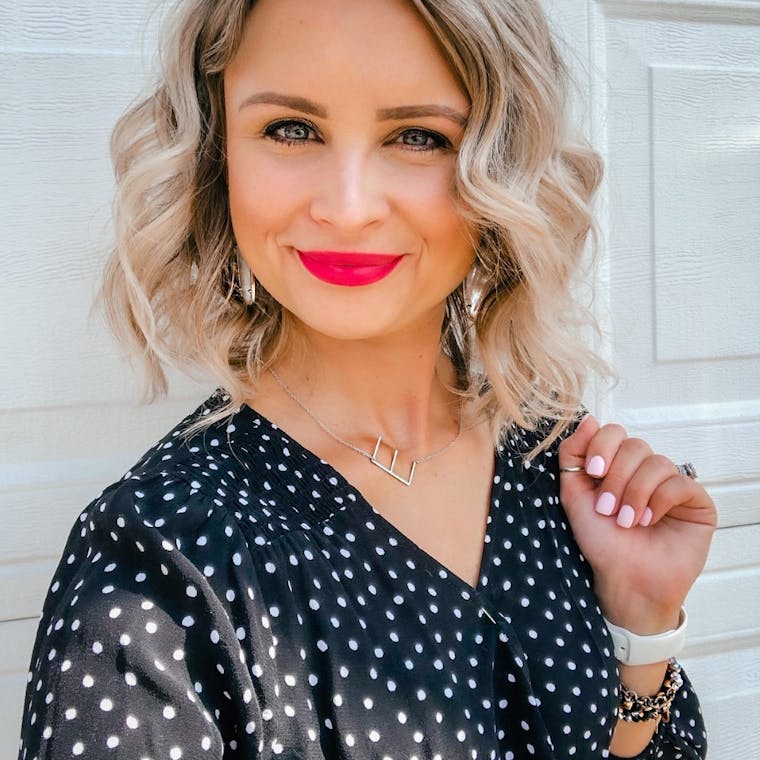Nightingale Challenge Nurse Educator Feature: Ekaterina Smith, MSN, RN, MEDSURG-BC, GERO-BC, CNE
by Ekaterina Smith, MSN, RN, MEDSURG-BC, GERO-BC, CNE, Nursing Instructor, University of Arkansas – Fort Smith | June 10, 2021

Throughout 2020―aptly named The Year of the Nurse―Kaplan was proud to participate in Nursing Now’s Nightingale Challenge with the aim of mentoring the next generation of nurse educators. We matched our Kaplan Educators with remarkable nurses from across the United States to provide leadership and development training in addition to monthly virtual meetings to discuss topics such as curriculum development, trends in teaching, the Next Generation NCLEX, overcoming professional challenges, and much more. Throughout this year, we are excited to share interviews with these Nightingale Challenge mentees. This month, we're pleased to introduce you to Ekaterina Smith, MSN, RN, MEDSURG-BC, GERO-BC, CNE, Nursing Instructor, University of Arkansas – Fort Smith.

TELL US ABOUT YOURSELF
I was born in Kizlyar, Russia and moved to the United States when I was eight. I attended Arkansas Tech University in Russellville, AR where I earned my Bachelor of Science in Nursing in 2013. Within six months of practicing as a bedside nurse, I realized that I was starting to fall in love with teaching patients, learning about new medications and skills, and precepting new nurses. This led me towards pursuing a Master of Science in Nursing from the University of Central Arkansas in Conway, AR in 2017. Pursuing a career in nursing education was one of the best top 5 decisions that I have made in my lifetime.
What is your particular area of expertise?
I am an expert in medical-surgical nursing, pharmacology, and utilizing the flipped classroom method of teaching. I am working diligently to become an expert at active teaching strategies specifically geared towards Generation Z students. One of my biggest passions is motivating and encouraging students, teaching them how to stay organized, how to multitask, and prioritize their numerous responsibilities.
Who or what experience inspired you to become a nurse?
My original plan was to become a surgeon. I switched gears during my sophomore year in college to pursue nursing instead of a biology major. My plan was to practice as a nurse for a few years, build up my savings, take the MCAT, and then apply to medical school. Once I began working as a nurse, I was exposed to so many various job options. I began seeing nursing as a very versatile career full of endless possibilities for growth, learning, and training.
TELL US ABOUT YOUR EXPERIENCE AS A NURSE EDUCATOR
Why did you decide to pursue a career as a nurse educator?
One of the biggest responsibilities of a bedside nurse is teaching. It is imperative to teach the patient, their family, and caregivers about the patient’s medications, plan of care, procedures, lifestyle changes, and other aspects of their health. I have always admired those who pursued higher levels of education and worked towards building their knowledge to become experts in the field. I never wanted to stop at my BSN and saw a career in education as rewarding and full of potential.
What is the most rewarding aspect of your career?
One of the most rewarding aspects of being a nurse educator is counseling students who are struggling through nursing school either in the classroom or clinical setting. It is wonderful having the opportunity to mentor these students, tutor them, and provide them with the necessary skills for studying, organization, and motivation. Nothing is more rewarding than seeing the effort, time, and hard work that you invested in helping a nursing student pay off in the student’s performance. Seeing a student get excited and motivated about learning is the icing on the cake.
If you hadn’t become a nurse, what other profession would you have pursued?
My childhood dream was to be a surgeon. I knew that no matter what specialty or career I chose, I would be happiest working in the medical field.
How has your unique background prepared you for success in your field?
Since English is my second language, I can relate to ESL nursing students on a more personal level and work diligently to find teaching strategies and learning tools to help them meet their learning outcomes in my clinicals and classroom.
Being a young nurse educator helps me relate to learning obstacles and other challenges that traditional nursing students face such as stress, anxiety, family obligations, workload, etc. Being a millennial also gives me the drive to utilize technology and active learning strategies in a f2f or online classroom that is specifically geared towards Generation Z students.
In your opinion, why is it important to teach students to “think like a nurse?”
Patients and medical scenarios never quite play out exactly as how they are presented in nursing textbooks. It is important to teach nursing students how to critically think and build their clinical reasoning skills. This will prepare them to react quickly and appropriately when they encounter an unusual patient scenario.
How can nurse educators best prepare students for the realities and rigors of nursing?
It is important to incorporate real anecdotal stories from your own nursing experiences when teaching theory and clinical courses. This will help students see different sides of nursing and the reality of healthcare which encompasses so many facets.
One of the most important skills that a nursing student and a nurse can have is adaptability. This can help them react and manage any scenario that comes their way.
What is the biggest challenge facing nurse educators today?
One of the biggest challenges is teaching utilizing numerous teaching styles geared towards a variety of student’s learning needs. It is important to find a good balance between presenting concepts, making learning engaging, and keeping a student’s attention while promoting application of the content and critical thinking.
THE NIGHTINGALE CHALLENGE
Tell us about your experience during the Nightingale Challenge with Kaplan.
I was pleasantly surprised when I was selected as a participant for the Nightingale Challenge. It was a wonderful opportunity to work 1:1 with a mentor who invested a lot of time, energy, and effort to help me grow as a young nurse educator. I always learned something new each month through meetings with my mentor, reading articles, or participating in the webinars. My favorite part was learning something new and then trying that method in my classroom or clinicals.
What was the best part of working with your Kaplan Nursing Mentor?
Rebecca Potter, PhD(c), MSIDT, MSN/ED, RN, was a wonderful mentor who was professional, knowledgeable, and helpful. She helped me consider issues from numerous angles which allowed me to explore alternate ways of thinking. She used her experience, education, and expertise to help me build the areas that I was weak in. Rebecca frequently encouraged and motivated me to pursue my career and education goals.
Which Nightingale Challenge Meeting resonated most deeply with you and why?
My two favorite topics included the Science of Learning and Benefits of Remediation because I am very curious about the science of how students learn, and I perform remediation in my pharmacology course. I was interested to see the evidence, research, and pros and cons behind remediation for nursing students. I began my doctoral program in August of 2020 and was taking three theory courses that focused on teaching the adult learner, different nursing theories, and the current trends and issues in nursing. The Kaplan topics complimented what I was learning in my graduate courses.
What is the most important thing that you learned from this experience about being a successful and impactful nurse educator?
It is important for a nurse educator to continuously immerse themselves in current, up to date, and professional research. It is imperative to seek ways to improve their teaching methods no matter the platform or generation of student while striving to reach every individual and unique learning style.
What was the most important takeaway for you from 2020: Year of the Nurse and Midwife?
Change is inevitable in nursing education. It is vital for nurse educators to continue to be lifelong learners.
What does mentorship mean to you and why is it important for nurses to have professional mentors?
Mentorship is one of the most important relationships that a new nurse educator can have, especially at the beginning of their teaching career. It provides them the opportunity to transition into the educator role and promotes socialization into nursing education. It allows the mentor and mentee to work together to problem solve, discuss policy, promote engagement, and guidance for the curriculum and mission. Mentorship should also continue throughout the educator’s entire teaching career based on their specific goals for scholarship, service, teaching, and professional development. Quality mentorship can promote overall job satisfaction for the nurse educator and thus improve faculty retention.
ADVICE
What is the best piece of advice you received from a teacher?
Grades will never define you, but saving a human life will.
Is there a quote or saying that you live by―especially when it comes to nursing?
“Leave it better than you found it.”
LOOKING AHEAD
What innovations in nursing education are you most excited about?
I am excited to see how technology will continue to impact the classroom and clinical setting. Virtual simulation is an increasingly popular tool that is gaining quick momentum.
What will the COVID-19 pandemic change about the way we prepare nursing students for their careers?
Nursing educators across the world will have to continue to adapt to new teaching obstacles while continuously seeking ways to improve nursing education. Nurse educators should diligently stay up to date on health care issues, evidence-based practice, research, and technology. As the needs of the human population change, so should the educator to meet those demands.
And finally, is there anything else that you would like to share with our readers?
It is worth an educator’s time, energy, and effort to continuously seek ways to improve their teaching practices, philosophy, and methodology. Adaptability is one of the strongest qualities that an educator can possess. This skill can allow the educator to transform and meet the needs of new students, new policies, and the patient population needs while staying up to date with the changing health care.
NCLEX® is a registered trademark of the National Council of State Boards of Nursing, Inc. Test names are the property of the respective trademark holders, none of whom endorse or are affiliated with Kaplan.

I was born in Kizlyar, Russia and moved to the United States when I was eight. I attended Arkansas Tech University in Russellville, AR where I earned my Bachelor of Science in Nursing in 2013. Within six months of practicing as a bedside nurse, I realized that I was starting to fall in love with teaching patients, learning about new medications and skills, and precepting new nurses. This led me towards pursuing a Master of Science in Nursing from the University of Central Arkansas in Conway, AR in 2017. Pursuing a career in nursing education was one of the best top 5 decisions that I have made in my lifetime.
